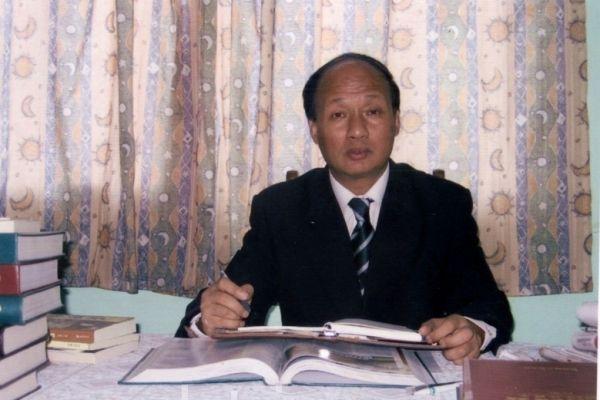Chinese leader Xi Jinping recently took out yet another key member of a rival political faction—one whose name, incidentally, somewhat resembles his own. The downfall of Xin Jiping (not to be confused with Xi Jinping) was so low-key and swift that less discerning observers would easily miss both the event and its larger significance.
In April, the anti-corruption authorities in Shanghai issued a one-line statement concerning the investigation of Xin, formerly a senior executive at two private property developers.
Three months later, Chinese state mouthpiece Xinhua announced in a one paragraph and one line notice that Xin had been found guilty of taking bribes and defrauding the state. Xin’s case had also been transferred to the procuratorate to await formal prosecution. Missing from Xinhua’s notice, however, was the customary professional biography.
Xin being prosecuted is “very important news” because of his political allegiances, according to Shanghai-based human rights lawyer Zheng Enchong.
Xin was originally a senior official in the Shanghai municipal government before he joined the private sector, Zheng said. That Xin would eventually assume top executive positions—Xin was vice president of Shanghai Real Estate Group and board chairman of Shanghai Hongqiao Economic and Technological Development Zone Joint Development Co., Ltd.—showed that he was “from the very beginning a trusted crony of the Shanghai Gang.”
The Shanghai Gang refers to a notorious political clique helmed by former Chinese Communist Party boss Jiang Zemin. Zheng continues to suffer persecution from having tussled with the Shanghai Gang in the early 2000s while defending local residents.
“Xin Jiping once controlled land resources in Shanghai,” Zheng said. “That means Xin worked with Jiang Miankang, and can be considered Jiang’s lackey.”
Jiang Miankang, the younger son of Jiang Zemin, was once Inspector of the Shanghai Municipal Commission of Construction and Administration, a vaguely defined position that gave Jiang Miankang oversight of land use, demolition, zoning, as well as planning and construction in Shanghai—a highly lucrative portfolio.
The Jiangs, however, have been losing influence in recent years.




